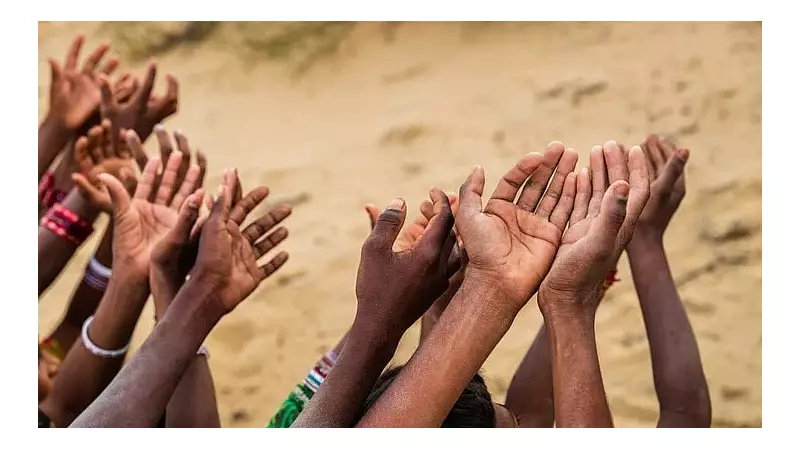
While Kerala proudly showcases its impressive human development indicators and poverty reduction figures, a deeper, more troubling narrative is unfolding beneath the surface. The state's much-celebrated success story is facing a critical test that official statistics are failing to capture.
The Illusion of Progress
On paper, Kerala appears to be winning the war against poverty. The state boasts high literacy rates, better healthcare access, and seemingly positive economic metrics. However, this surface-level success masks what experts are calling 'silent poverty' - a phenomenon where households technically above the poverty line struggle to meet basic needs and maintain decent living standards.
The Hidden Struggle
The reality on the ground tells a different story from the statistical triumph. Many families who are not counted among the 'poor' in official surveys are actually grappling with:
- Mounting debt burdens from informal lenders
- Inadequate nutrition despite sufficient calorie intake
- Compromised healthcare due to out-of-pocket expenses
- Educational costs that strain family budgets
What Official Data Misses
Traditional poverty measurement tools are proving inadequate for Kerala's unique situation. The state's higher cost of living, changing consumption patterns, and social expectations mean that income-based poverty lines don't reflect true economic vulnerability. Many households that escape statistical poverty find themselves in a precarious position - unable to afford quality education, healthcare, or housing.
The Inequality Paradox
Kerala's development model has created another challenge: growing inequality. While the state has successfully lifted many out of extreme poverty, the gap between different social groups and economic classes is widening. This creates a scenario where overall improvement hides the struggles of specific communities and regions within the state.
Beyond Traditional Metrics
Experts suggest that Kerala needs a more nuanced approach to measuring poverty and development. The focus should shift from mere income levels to comprehensive well-being indicators that account for:
- Quality of life metrics beyond basic needs
- Debt burden and financial stability
- Access to quality social services
- Economic resilience during crises
As Kerala continues its development journey, addressing this silent poverty crisis becomes crucial for sustainable and inclusive growth. The state's real test lies not in improving statistical outcomes but in ensuring that progress reaches every citizen meaningfully.






